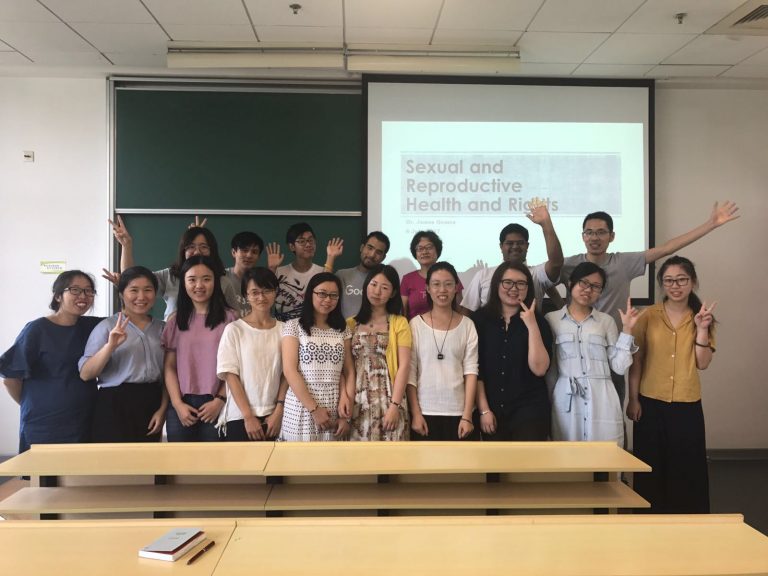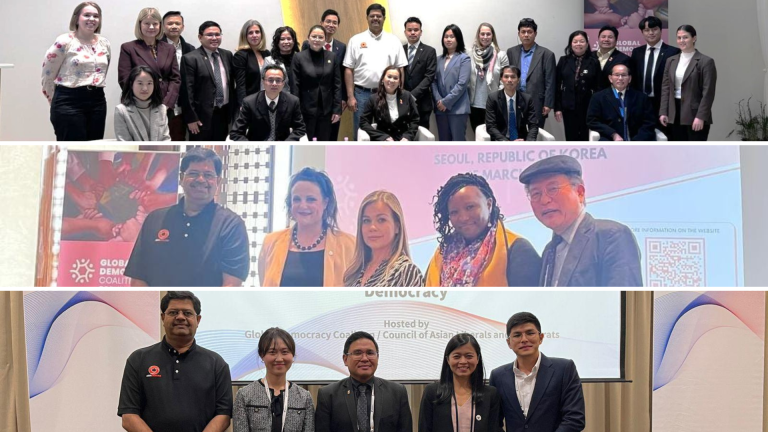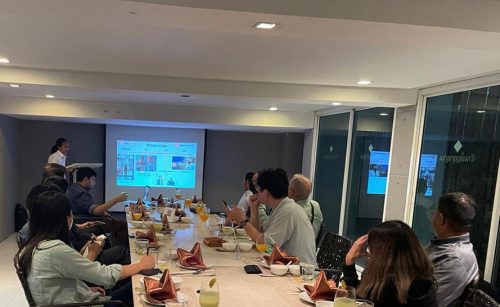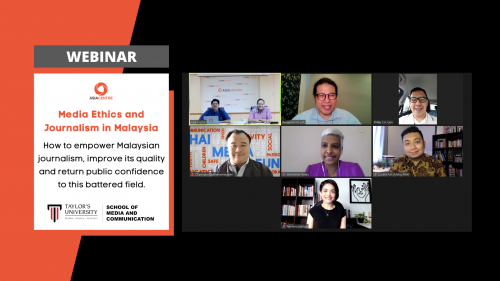
In the absence of a progressive legal framework to establish a Media Council and a complimentary Code of Ethics, the actions of journalists as influencers and their adherence to ethical standards and values are what drives quality journalism in Malaysia. While their role is admirable, their impact remains low and needs to be backed up by other stakeholders.
These were the key perspectives that emerged on 12 October 2021, during the webinar ‘Media Ethics and Journalism in Malaysia’ co-convened by Asia Centre, in collaboration with the School of Media and Communication of Taylor’s University. The event, supported by the Taiwan Foundation for Democracy, aimed at giving an overview of the challenges and issues facing journalists in the country.
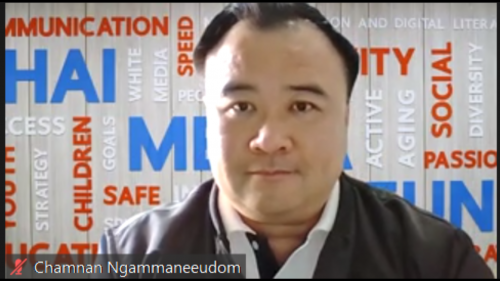
The event started with welcome remarks by Dr. Charmnan Ngammaneeudom, Advisor at the Thai Media Fund, expressing his concerns over opinions preceding facts in mainstream media. This impacts impartiality and leads to partisanism and interferes with the journalists’ mission of bringing out the truth.

Philip Gan Chee Keat, Programme Director at the School of Media & Communication, Taylor University, Malaysia, outlined the ever–stronger need for reliable sources of information in the era of post–truth instigated by fake news. He thus noted that reporters need to hold tight to the principles of honesty and integrity in their investigations.

Dr. Robin Ramcharan, Executive Director, Asia Centre, encouraged journalists to hold fast to ethics and values, especially now that big social media groups driven by profit are leading the news distribution and facilitating the spread of disinformation through their algorithms.
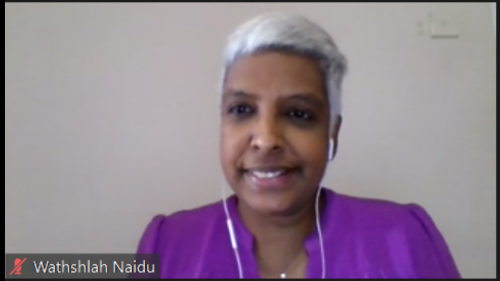
Following the welcome remarks, and the first to speak, Wathshlah Naidu, Executive Director of the Centre for Independent Journalism, set the scene by highlighting the instability of journalists’ employment due to moving ownership of companies and lack of funds. Moreover, undue restrictions of access to media platforms during COVID–19, the crackdown on freedom of reporting and a lack of Right to Information (RTI) legislation, are compromising the independence, freedom and ethics of media companies and reporters alike in Malaysia.

Independent Broadcast Journalist, Tehmina Kaoosji, touched on female journalists, developments related to the media council and sustainability of the industry. She said the most heavily affected among journalists were women, especially during the pandemic, as they had to take on childcare duties with the closing down of schools and nurseries. They are also the target of attacks on their legitimacy as journalists. She believes strong female mentors can inspire more young women to become journalists and combat women’s underrepresentation in the media world.
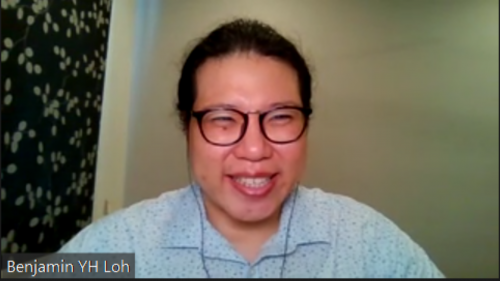
Dr. Benjamin YH Loh, Senior Lecturer School of Media and Communication, Taylor’s University Malaysia and Asia Centre Associate, introduced the legal framework journalism in the country. The politicization of legal prosecution has led local media to provide the bare minimum in their news coverage. He then drew from the Society of Professional Journalists’ Code of Ethics. to express his wish for Malaysian journalists: serve the role of watchdogs, give a voice to the voiceless, be sensitive in deciding what to publish or not, support civil discourse while considering the long–term implications of their publications, and be transparent in explaining their ethical choices and processes to their audience.
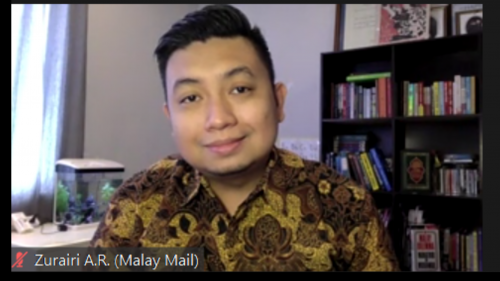
Zurairi A. R., News Editor from Malay Mail, expressed there were ethical considerations when the media amplified social media posts, which were meant for a small circle, and reported them as news sometimes without the consent of the original contributor. This inevitably leads to privacy breach of individuals. Another issue was the practice of local media quoting non-experts, or non-stakeholders, unnecessarily making them authoritative voices affecting the vulnerable individuals such as members of the LGBTI community.
After the presentations, a key focus of the Q&A session was whether the main responsibility for ethics lies with the individual, organisation, society or was it structural. The discussion pointed to an need for individual responsibility as well as an accompanying change needing to happen at the societal level to influence the institutional level. Since journalists remain in a tough position, the voices of NGOs and the public are crucial to push for stronger ethics. Their support and their demands will be the main drivers of change. Therefore, observers and readers also share a responsibility in promoting ethical reporting.
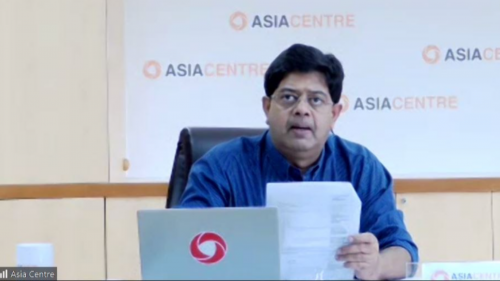
In closing the webinar and thanking speakers and participants, Dr. James Gomez introduced the Asia Centre’s office in Iskandar Puteri, Johor Bahru, Malaysia. He explained that Asia Centre Malaysia is positioned as the media hub for the Centre’s creative works and communications-related projects. He also outlined key media outputs coming up next year—such as infographics, short videos and podcasts—associated with the Centre’s evidence-based research on press freedoms, building momentum to the 2022 International Conference on Freedoms of Expressions in Asia (24 to 26 August 2022, Bangkok Thailand).

This event marks the beginning of the collaboration between Asia Centre and the School of Media and Communication at Taylor’s University Malaysia. A memorandum of agreement is in the making between the Centre and Taylor’s University with plans to collaborate on a joint report on internet freedoms in Malaysia.
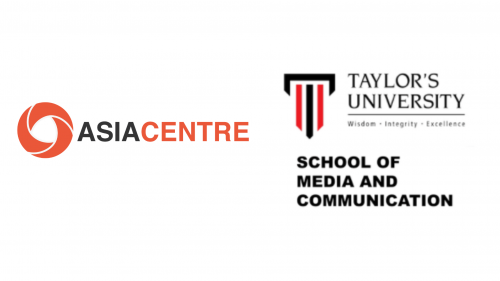
The full recording of the event can be viewed here.
Asia Centre works on issues related to freedom of expression. If you would like to collaborate with the Centre on evidence-based research, co-coveneing activities or other projects. Send an expression of interest to contact@asiacentre.org

